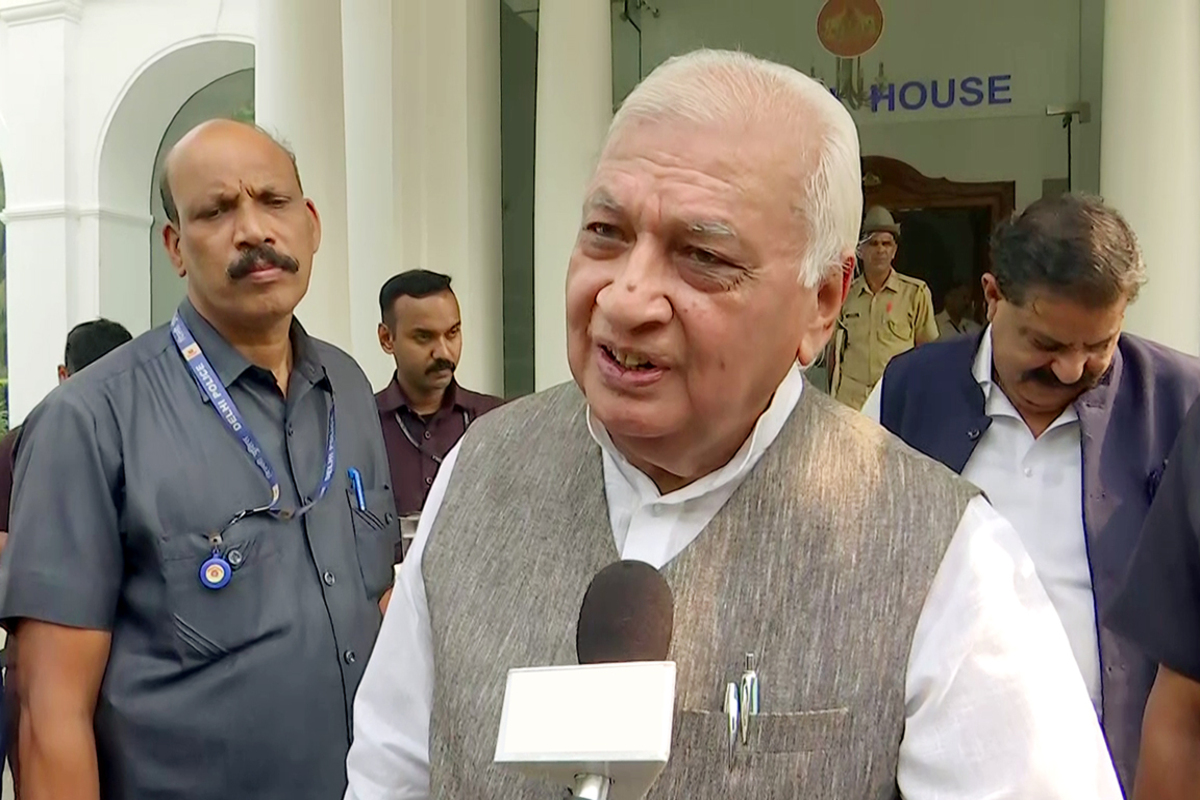With Governor Arif Mohammad Khan asking the chief secretary for an explanation for a petition seeking Presidential imposition of a financial emergency in the state under Article 360(1) of the Constitution the state Kerala is facing the threat of an acute financial emergency came to the fore.
Although it may be argued that certain Central policies are the reason for the current economic crisis in the state, the affidavit filed by the chief secretary in the Kerala High Court shows the gravity of financial crisis that the state is facing now.
Advertisement
As the chief secretary submitted an affidavit in the high court stating that the state is facing a serious financial crisis, he cannot contradict this when he gives an explanation to the governor.
The ruling Left Front government in Kerala told the court that the state was facing a huge financial crisis. The submission was made by the government in an affidavit placed before the court in a matter related to repaying a depositor of the Kerala Transport Development Finance Corporation (KTDFC) Ltd.
The Kerala chief secretary also submitted that the state government was finding it difficult to garner resources for the day-to-day affairs, when a contempt of court petition filed by retired KSRTC pensioners for not implementing the court directive to pay pensions in time came up for hearing last month.
The government is of the view that there was no need to give an immediate reply to the governor on the petition seeking Presidential imposition of a financial emergency in the state. The governor can make a recommendation on his own if he does not get a reply from the chief secretary. If the reply gets delayed, he will send another letter to the chief secretary. He will decide on whether to make the recommendation on his own after that. It remains to be seen if the governor will be able to take such a step without the Centre’s tacit approval.
Three years ago, the Centre had warned that the financial situation of five states, including Kerala and Punjab, was not good. The Kerala Administrative Tribunal had also directed the government to clarify when it will provide the five instalments of the dearness allowance to be paid to the government employees. Rs 18,000 crore is needed for this It was pointed out in the petition given to the Governor that Rs 16,000 crore is due to public works contractors and Rs 1000 crore to Supplyco contractors.
A social activist, RS Sasikumar, in his petition to the governor had sought the President’s intervention to “save Kerala from irredeemable financial instability precipitated by the state government’s reckless borrowing, lax tax administration, and unpardonable profligacy”.
He pointed out that the financial position of the state as of now is precarious and beyond redemption as the state has exceeded its borrowing power.
The payments are due to government contractors, the state-owned SUPPLYCO which does market intervention, college and university teachers as UGC pay revision arrears, DA arrears to state government employees and the state-owned Kerala State Road Transport Corporation employees, the petition says.
“The state of Kerala is going through this grave fiscal crisis because of the extravaganza of the ministers and lack of planning. Inefficient fiscal management and utter failure in revenue mobilization emptied the state treasury,” said Sasikumarin his petition. The Governor has sought an explanation on the points raised by Sasikumar in his petition.
According to Article 360 (1) of the Constitution, a state of financial emergency will be imposed if recommended by the Governor and approved by the President. It will continue until withdrawn by the President .Both Houses of Parliament must approve the financial emergency within two months









